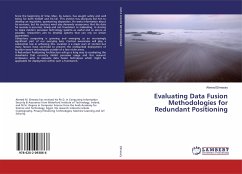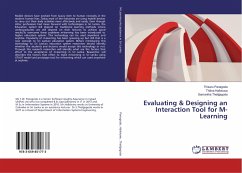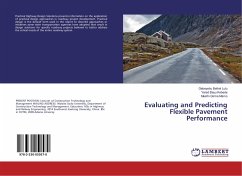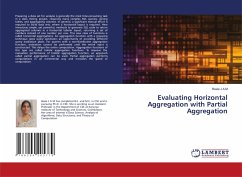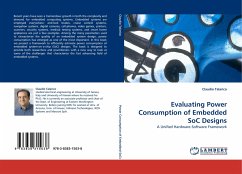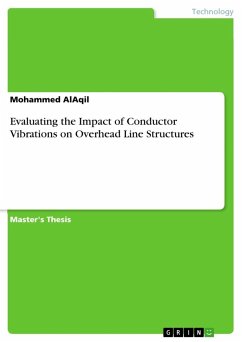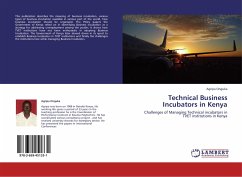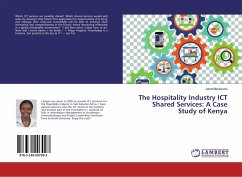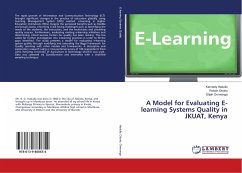
A Model for Evaluating E-learning Systems Quality in JKUAT, Kenya
Versandkostenfrei!
Versandfertig in 6-10 Tagen
47,99 €
inkl. MwSt.

PAYBACK Punkte
24 °P sammeln!
The rapid growth of Information and Communication Technology (ICT) brought significant changes in the practice of education globally, using Learning Management System (LMS) assisted: e-learning in Higher Education Institutions (HEIs). Despite the perceived benefits such as flexible and broad access, e-learning is still facing challenges such as identifying the needs of the students, the instructors, and the technicians and providing quality courses. Furthermore, evaluating existing e-learning initiatives and determining critical success factors for quality has been lacking. This has called for...
The rapid growth of Information and Communication Technology (ICT) brought significant changes in the practice of education globally, using Learning Management System (LMS) assisted: e-learning in Higher Education Institutions (HEIs). Despite the perceived benefits such as flexible and broad access, e-learning is still facing challenges such as identifying the needs of the students, the instructors, and the technicians and providing quality courses. Furthermore, evaluating existing e-learning initiatives and determining critical success factors for quality has been lacking. This has called for further investigation into e-learning practices in order to fill the gaps identified. The study presents a model for evaluating e-learning system quality through modifying and extending the Biggs Framework for Quality Learning with other models and frameworks. A descriptive and exploratory research using a cross-sectional survey of 180 respondents from Jomo Kenyatta University of Agriculture & Technology (JKUAT) was used. Data was collected via Questionnaire and Interviews with a stratified sampling technique.



